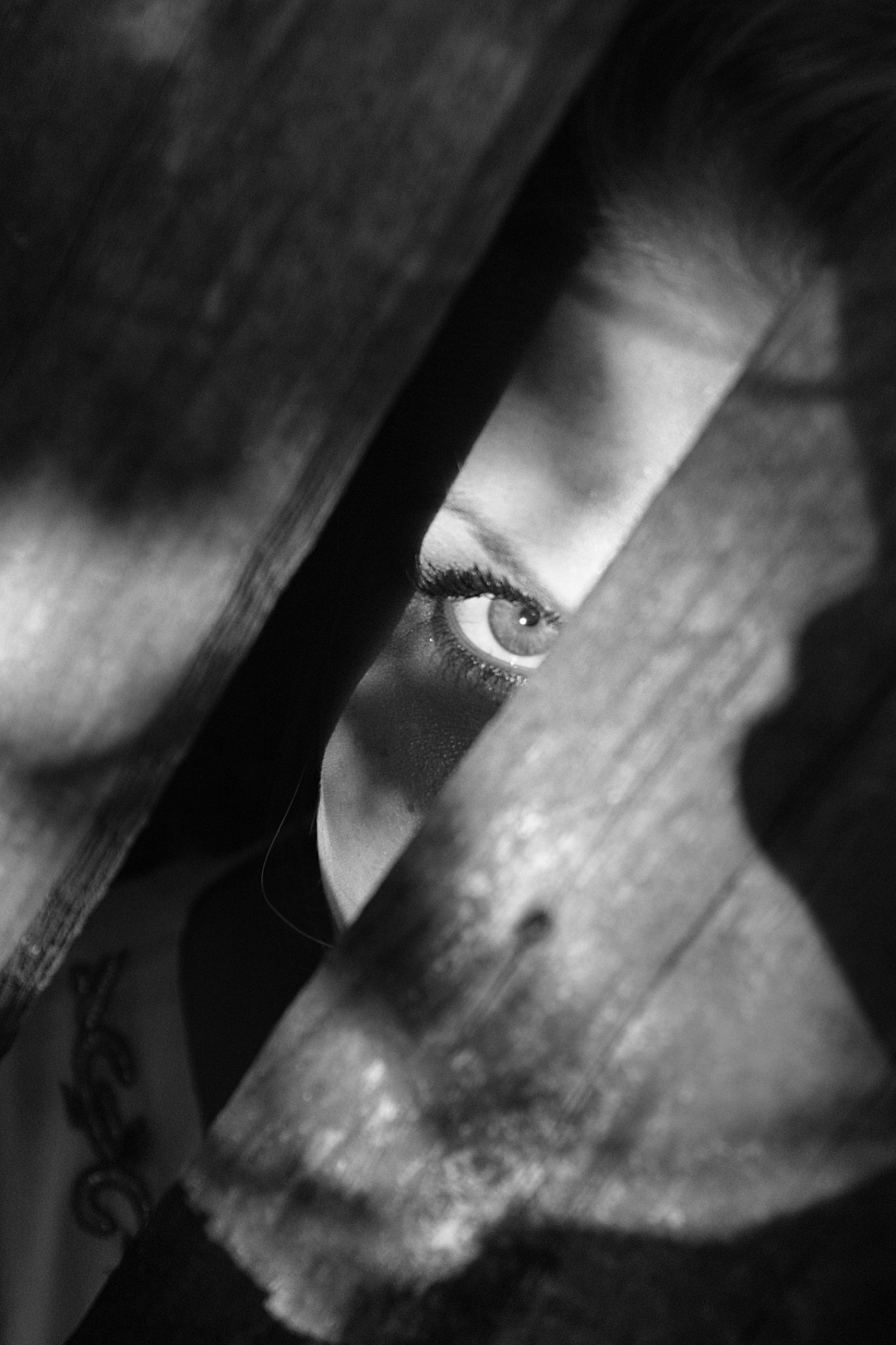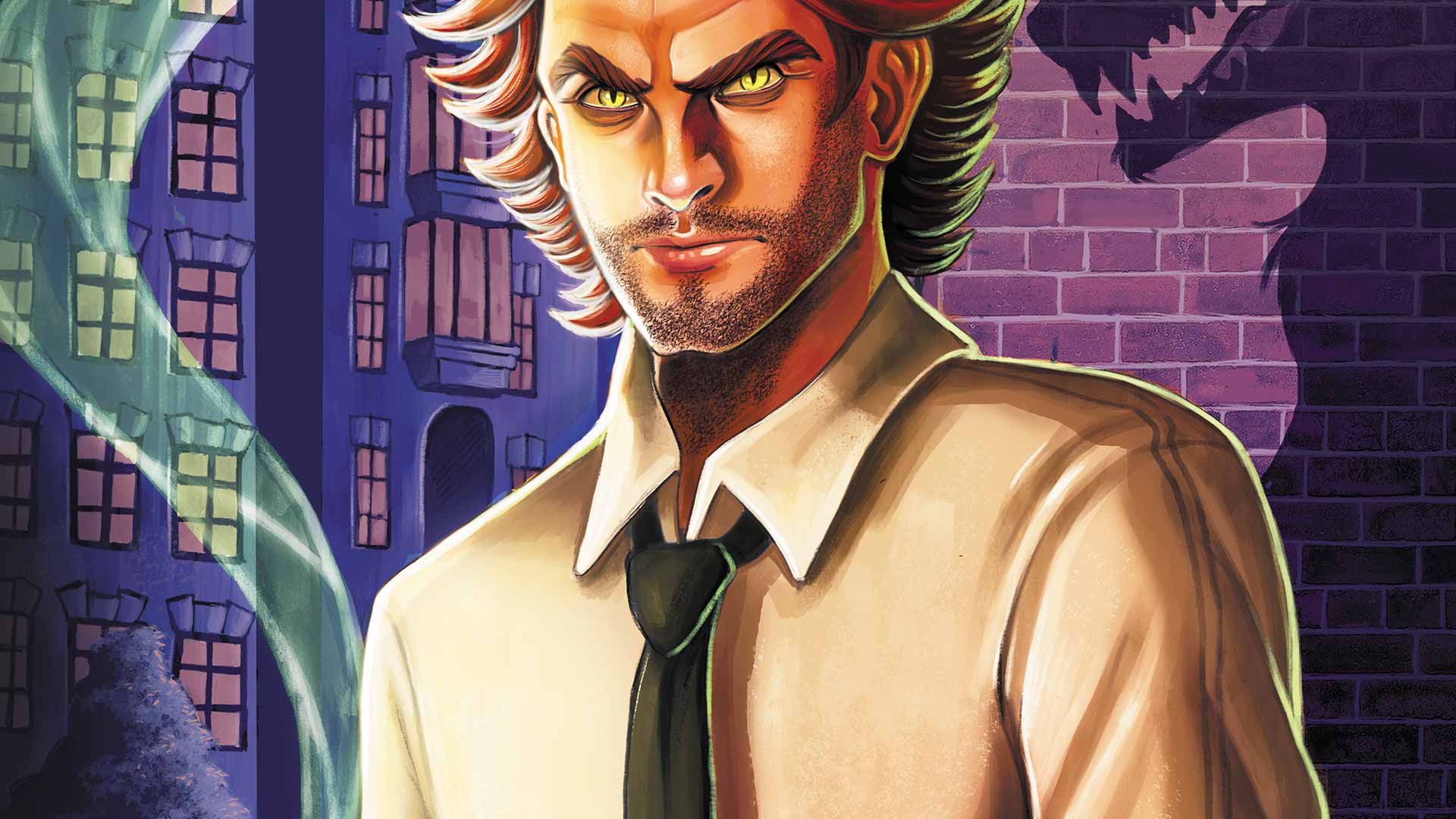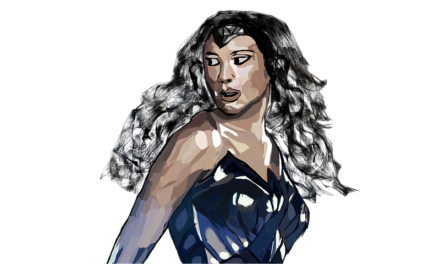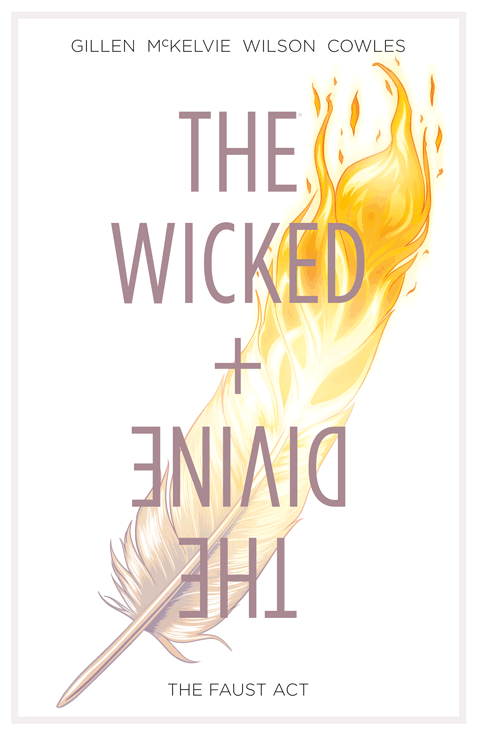When it comes to stories in which the center of the conflict is the villain, the movie tends to only be as good as that villain.
But what makes a great villain in superhero movies?
Effective Villains Illustrate Ideological Clashes
A simple, but deceptively clever storytelling technique, when it comes to writing villains, is a villain that is some kind of a reflection of the hero’s ideology, or their characterization. Superhero movies in particular tend to use this writing technique very well. It’s good for both the hero and the villain’s respective motivations, but also leads itself to some interesting scenarios when it comes to the clash of their ideologies. This technique can make antagonists who would’ve been merely passable villains into great villains, putting the hero in some kind of a moral quandary. The hero might concede that the villain has a point in whatever it is that they’re trying to do, or the hero might realize through this villain that they themselves were wrong about something.
For example, Killmonger, the villain of 2018’s “Black Panther” has experienced and witnessed the many injustices done to Black people all over the world. He seeks to take over Wakanda and establish an empire to arm and prepare Black people world wide for war. T’Challa, the hero, has already recognized the plight of Black citizens, as well as the plights of other people who are in need of help in general, but chooses not to do anything about it for the sake of maintaining secrecy and not putting his own country’s people or its resources in danger.
Later in the movie, he realizes that it’s the fact that they haven’t attempted to do anything to help anyone that led to Killmonger growing so hateful as to plot an overthrow. This causes T’Challa to resolve to use Wakanda’s resources and power to help everyone. Killmonger is an amazing and effective villain due to the fact that he’s not only building his villainy atop a base of good intentions, but everything he’s gone through is so profoundly unpleasant that he actually winds up teaching our hero a lesson through it.
Engaging Villains are Charismatic
Another way a villain in superhero movies becomes great is through their charisma. Sometimes villains have followers due to contractual or mercenary employment, or more commonly, a respect for their leader in command. This requires the villain to have a certain charm or charisma that not only draws people to them, but makes them want to stay. A great example of this kind of character is Mysterio in “Spiderman: Far From Home.” Mysterio’s followers support him not only because they all have the same goal, but also because he is able to rouse them to work together and take point on operations.
It’s also clear that Mysterio’s followers are charmed by him, staring at him in admiration as he gives speeches for action. Watching Jake Gyllenhaal having the time of his life in this role is just so funny and spectacular that you’re like “no wonder they love him so much.” This is best shown during the scene when they can finally put their scheme into motion, and Mysterio calls his underlings by name to thank them for what they’ve done to help. He radiates so much charm and charisma during this scene that you don’t even care that the only reason he’s doing this is because it’s an infodump for the audience’s benefit.
Great Villains are Multidimensional and Reflective of Humanity
The final thing that makes a villain in superhero movies great is humanity, making them multidimensional. Let’s take the overarching villain from the entire MCU, Thanos. Thanos is such a great villain because the writers put as much thought into his character as possible and gave him many characteristics. He’s a brutal tyrant who wants to halve all life from the universe, but it’s shown that this stems from his own planet’s population crisis and subsequent self-destruction. He’s a dictator who isn’t afraid at all to murder with his own hands, but he never goes out of his way to offend on a personal level; when he speaks with others, he’s calm, collected, and rarely actually looks down on those who face his wrath.
He carries a lot of anger and resentment over his past, but he’s very clearly still hurting from it. Josh Brolin’s phenomenal performance carries each and every complex emotion without fail. He has children, and loves them to varying degrees. While he loves his daughter Gamora very much, his pain over his lost planet and the future he seeks overshadows his personal love for her. This leads him to do whatever it takes to complete his goal, even if it means making his own life more painful and empty. Critics from all across the board have done nothing but heaped praise onto Thanos’ character, and it’s immediately apparent as to why that is.
In superhero movies, the quality and backstory of a villain can make or break it. A great villain increases our investment in the story, and in certain respects, propels it forward. What makes a great villain in a superhero film? How far they can engage not only those on screen, but you out there in the audience.






